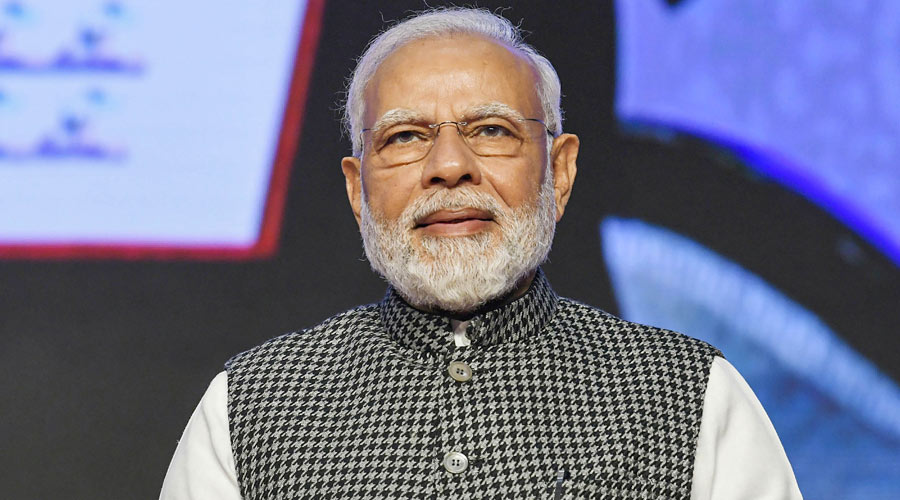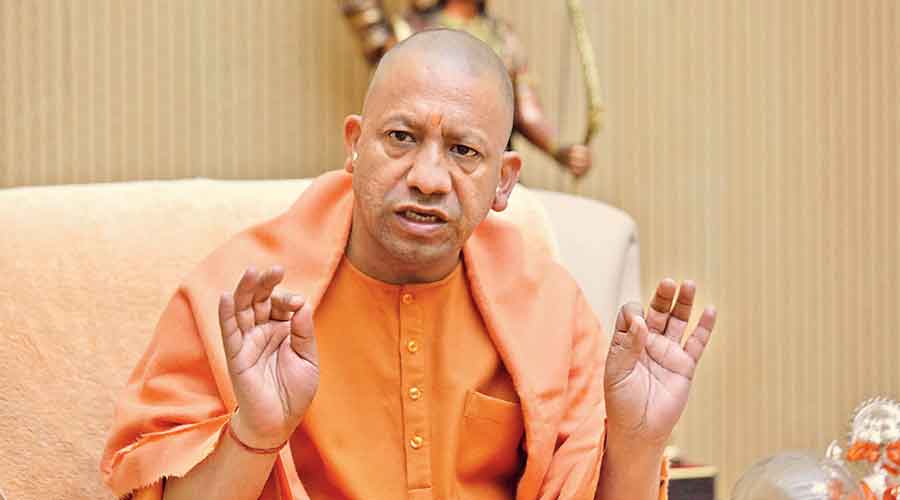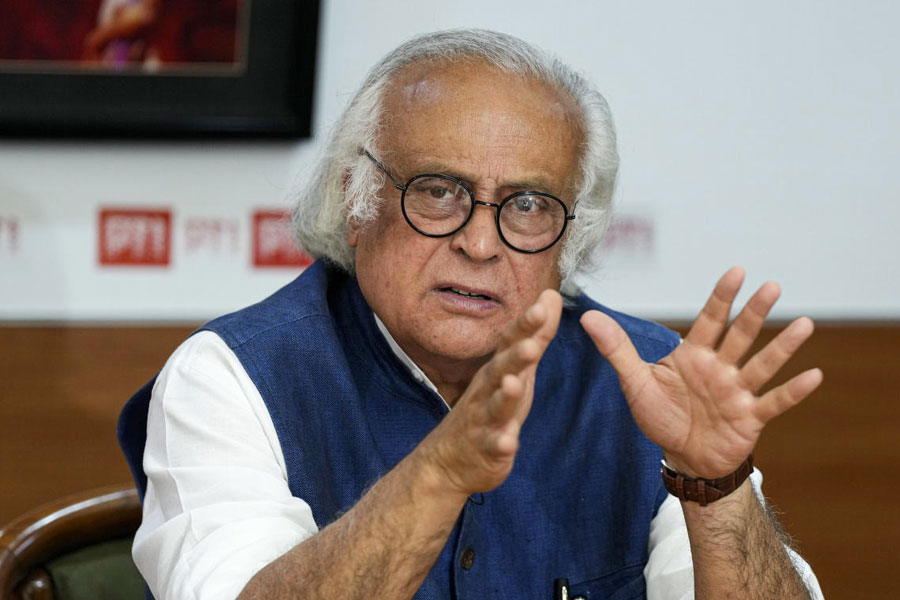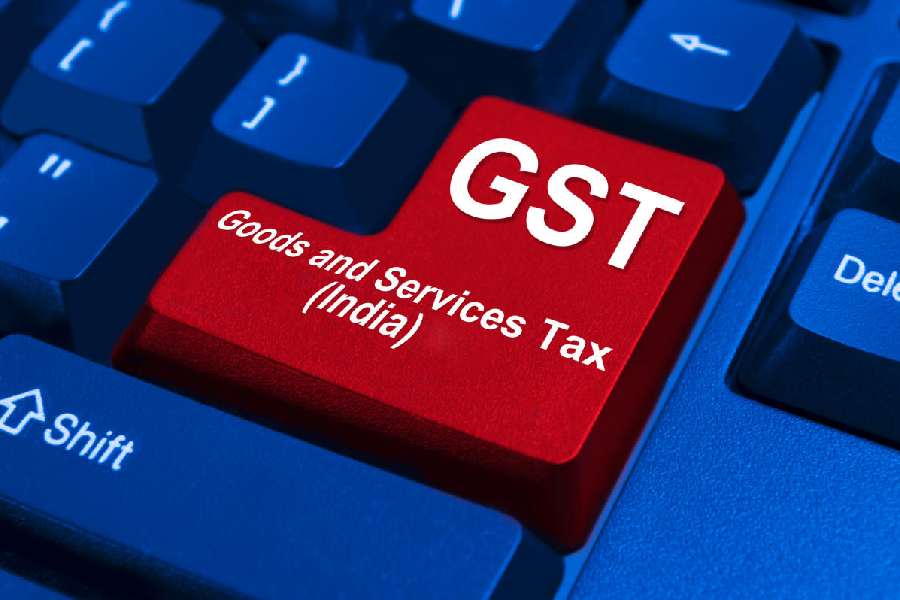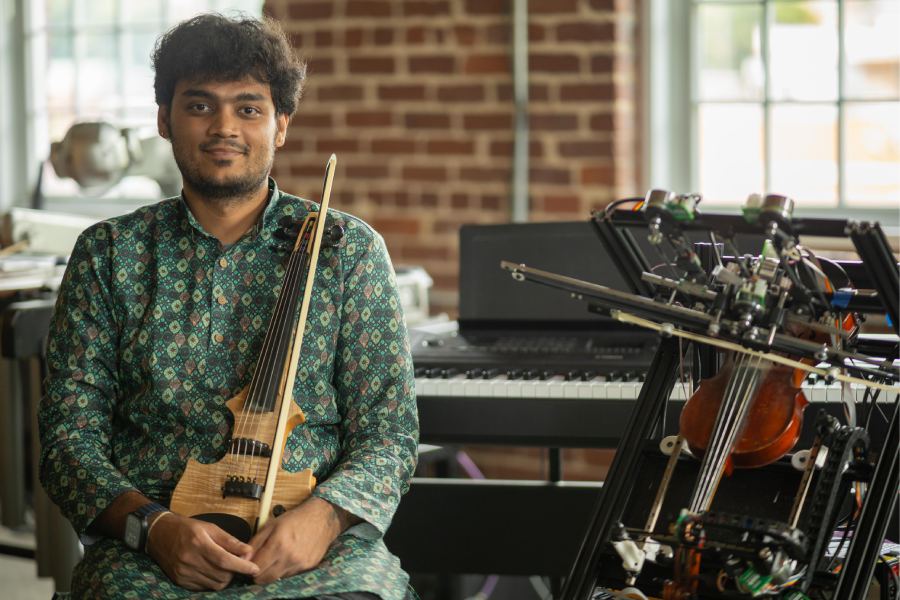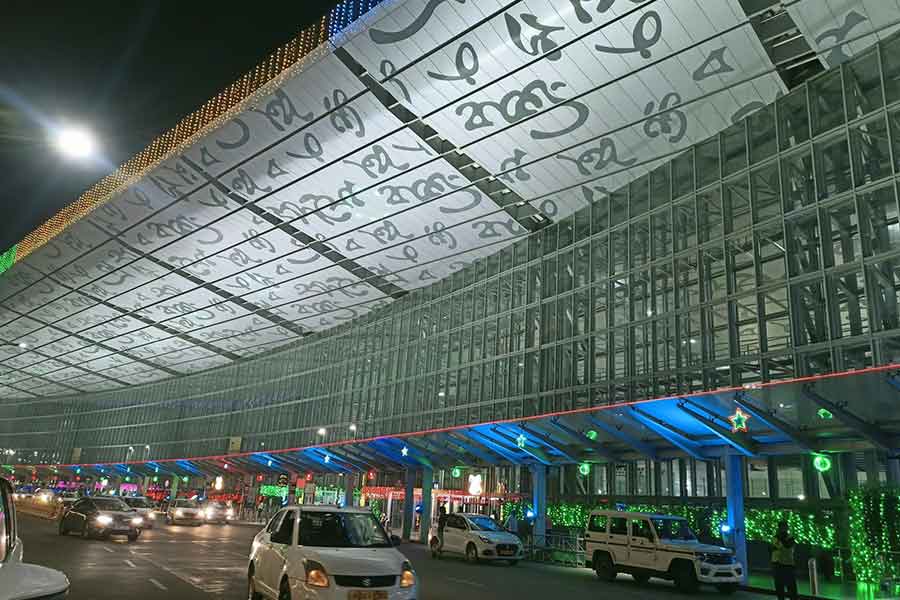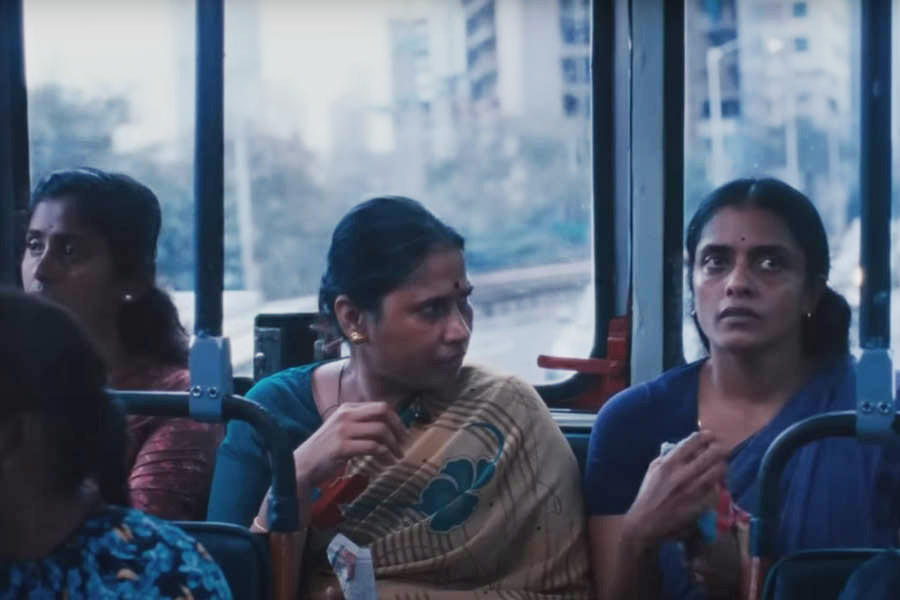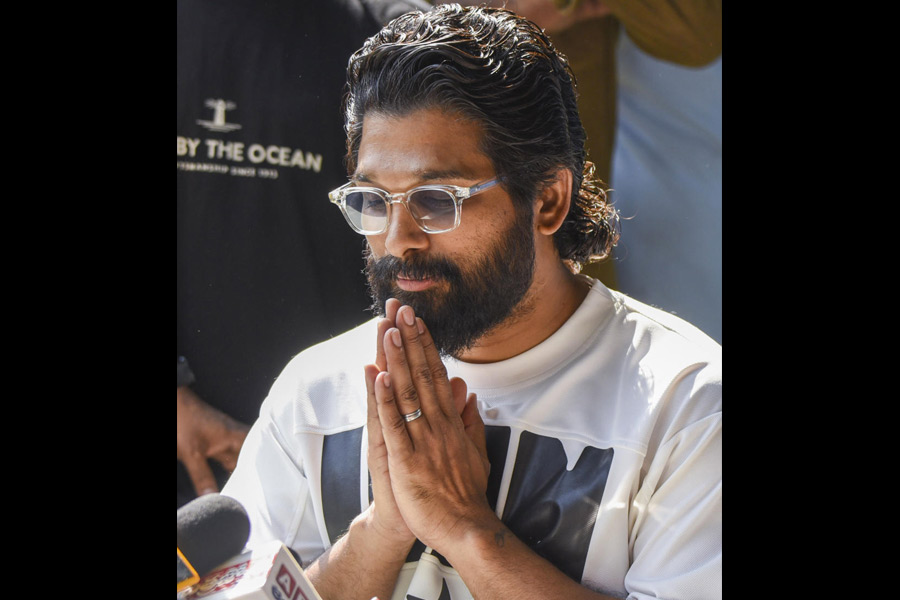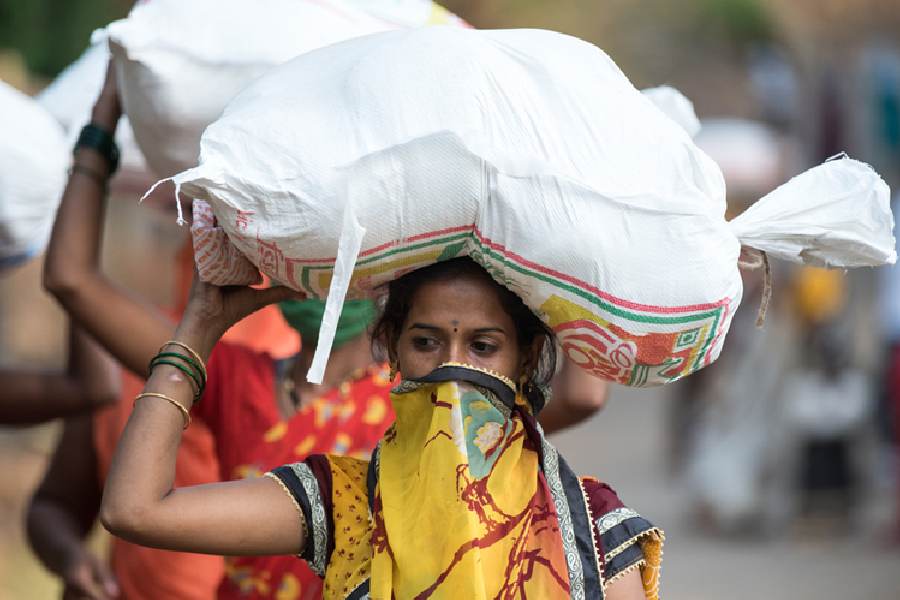The National Medical Commission has asked medical colleges across India to make arrangements for students to watch Prime Minister Narendra Modi’s planned January 27 talk on exams, prompting some doctors to question the regulatory body’s priorities and autonomy.
The NMC — the apex regulatory body for medical education — has also asked medical colleges to “give wide publicity” to the “Pariksha Pe Charcha” programme, the sixth in an annual series of interactions with students during which Modi gives tips on tackling exam pressure.
The NMC’s circular, sent to medical colleges on Friday, came after the Union education ministry requested the health ministry to instruct medical colleges and nursing institutions to arrange for students to watch the programme and accord the request “top priority”.
Modi’s interaction with about 1,200 schoolchildren will be broadcast live by Doordarshan and All India Radio and streamed on government websites and social media, the education ministry has said.
Members of the Federation of All India Medical Associations (FAIMA), a body established by postgraduate medical students, have decried the NMC circular, saying the regulatory body’s only priorities should be health care and the interests of patients and doctors.
“I think the NMC is not acting like an autonomous, independent and apolitical body,” said Rohan Krishnan, FAIMA national chairman and an orthopaedic surgeon at the Maulana Azad Medical College, New Delhi, a central government college.
“It is sad that the commission, which was established to improve medical education and increase health care services for everyone everywhere, has issued such a circular. Such a circular suggests the NMC is trying to impress bureaucrats and the PMO.”
Eminent sociologist Andre Beteille said it was inappropriate on the part of the government and the regulator to issue circulars to get students to watch the event.
“Institutions should be left to decide for themselves the events they wish to organise for students or faculty,” Beteille said. “The tendency of the government to ask regulators, and the regulators asking institutions, to organise some event is wrong and unhealthy.”
Two other FAIMA members said the NMC should be focused on addressing issues related to health care services.
“Government hospitals even in the capital face shortages of medicines, equipment and staff — instead of working to improve the health care infrastructure, the NMC is participating in publicity,” said Manish Jangra, a dermatologist and adviser to the FAIMA.
The education ministry has described Pariksha Pe Charcha as a unique interactive programme, conceptualised by Prime Minister Modi, during which he interacts with students, parents and teachers from across the country and overseas “to discuss anxieties related to examinations and life after school”.
The programme will be held at Talkatora stadium in Delhi on January 27. Over 3.1 million students from 150 countries — and 560,000 teachers and 195,000 parents from 50 countries — have registered online for the programme.
“The event seeks to help in overcoming stress in order to celebrate life as an utsav,” the ministry has said.
Postgraduate medical students say the shortage of resident doctors at government hospitals is among critical issues affecting both doctors and patients.
“The shortage of residents means doctors are forced to spend less time with each patient,” said a resident at the All India Institute of Medical Sciences, New Delhi.
The resident added: “Shortages in health care spending, human resources, security of doctors, ethical practices —these should be the top priorities for the National Medical Commission, not promoting screened events.”
A professor at a central academic institution said it was ironic that the government was pushing for publicity through educational institutions while cutting down on funds for education.
“Public universities are facing a dearth of funds. Every year, the funding declines in real terms,” the professor, who requested not to be named, said.
“Yet regulatory bodies are being used to push the government agenda. This reflects the government’s misplaced priorities.”
The Centre’s spending on education as a proportion of India’s gross domestic product declined from 1.09 percent in 2016-17 to 0.97 per cent in 2017-18 and 0.96 per cent in 2018-19, according to data provided by the minister of state for education, Subhas Sarkar, in the Rajya Sabha last month.

